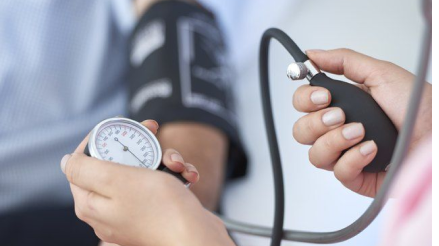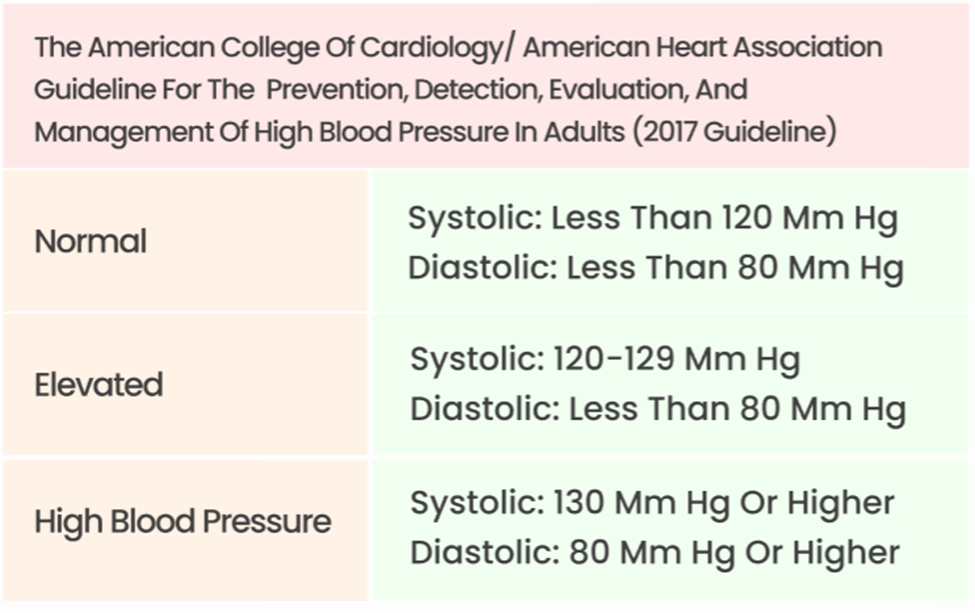You may also like…
What is High Blood Pressure (Hypertension) What are its Causes ?
Elevated blood pressure, commonly referred to as hypertension, occurs when your blood pressure exceeds the normal range. Your blood pressure is dynamic, fluctuating throughout the day in response to your activities. Persistent readings above the normal range can lead to a diagnosis of high blood pressure, or hypertension.
It's important to note that the higher your blood pressure levels, the greater your risk for various health complications, including heart disease, heart attacks, and strokes. Your healthcare team can ascertain and determine the appropriate treatment by assessing both your systolic and diastolic blood pressure levels and comparing them against established guidelines.
Blood pressure can be affected by various factors, including physical activity, stress, diet, and medications. It is important to monitor your blood pressure regularly, as consistently high blood pressure (hypertension) can increase the risk of cardiovascular problems, such as heart disease, stroke, and kidney disease. Conversely, consistently low blood pressure (hypotension) can also have health implications and may require medical attention in certain cases.
What are the indicators and causes of high blood pressure?
Signs and Symptoms: High blood pressure often stealthily creeps in without any overt warning signs or noticeable symptoms. Many individuals remain unaware of their elevated blood pressure levels. The sole reliable method to ascertain whether one has high blood pressure is by monitoring their blood pressure through measurement.
Causes: The onset of high blood pressure typically occurs gradually, evolving over time. This condition can be attributed to unhealthy lifestyle choices, such as inadequate physical activity. Additionally, certain underlying health conditions, including diabetes and obesity, heighten the risk of developing high blood pressure. Furthermore, high blood pressure can manifest during pregnancy, adding another dimension to its potential causes.








